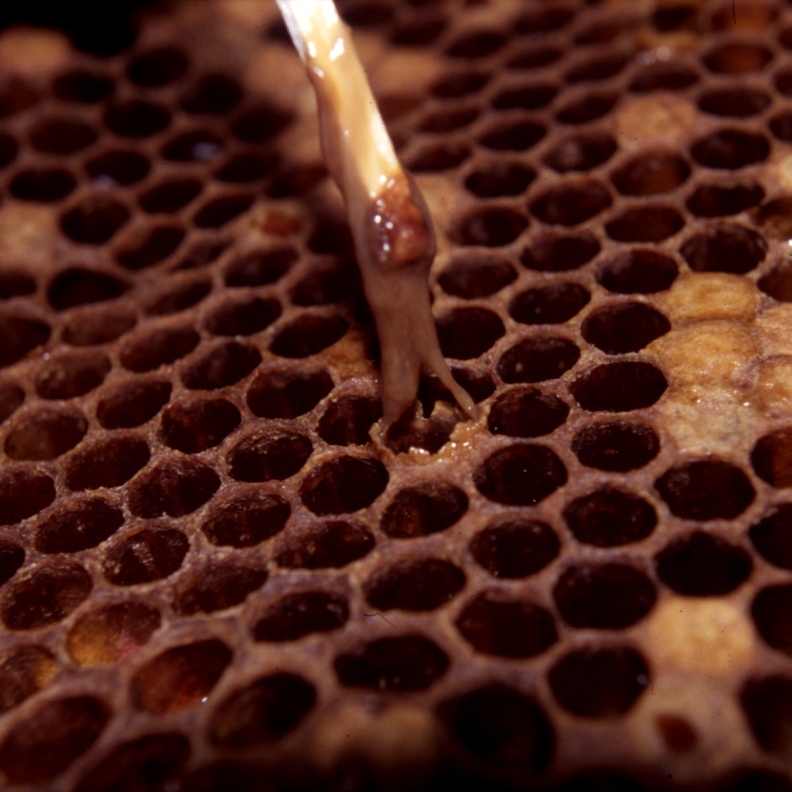Zoologists at the University of Graz have found a highly effective means against one of the deadliest diseases of bees – the American and the European foulbrood. A patent application for this invention has been filed.
The American foulbrood is transmitted by a spore-forming bacterium and affects only the young brood during its first days of life. Nurse bees feed the young larvae and infect them with bacterial spores. Mature larvae and adult bees are resistant to the disease.
In the course of their research, the researchers found that bees have a substance in their digestive tracts, which protects them from the foulbrood. Based on the invention, a PRIZE prototype funding has been obtained from the BMWFW, which allows further research with the bees and further development of the substance.
Students work on business issues
In parallel, the economic conditions for the product have been examined in detail as part of WTZ-Süd project “Business Cases”. In order to realize this project, the technology transfer office at the University of Graz cooperated with the Center of Entrepreneurship and Applied Business Studies at the University of Graz. As part of the course “Leadership & Entrepreneurship” a team of four business students worked on issues concerning the potential market, competition and customer requirements in the winter semester 2014/15.
Impressive interest from beekeepers
Nearly 200 questionnaires were filled out by Austrian beekeepers and apiaries – an impressive response rate that reflects the intense interest. Overall, it was found that the European market is of particular importance, since the use of antibiotics is not allowed to treat diseased bee colonies. In the summer semester of 2015, further cooperation will take place in terms of courses at the University of Graz and the Graz University of Technology.
It is the WTZ Süd’s aim to create a win-win situation: on the one hand, students have the opportunity to deal with concrete, real cases in their scientific work; on the other hand, the universities gain new insights to possible options of how to exploit new technologies.
Pictures: Ulrike Riessberger-Gallé
Written by: University of Graz, MH
on: 31/03/2015


